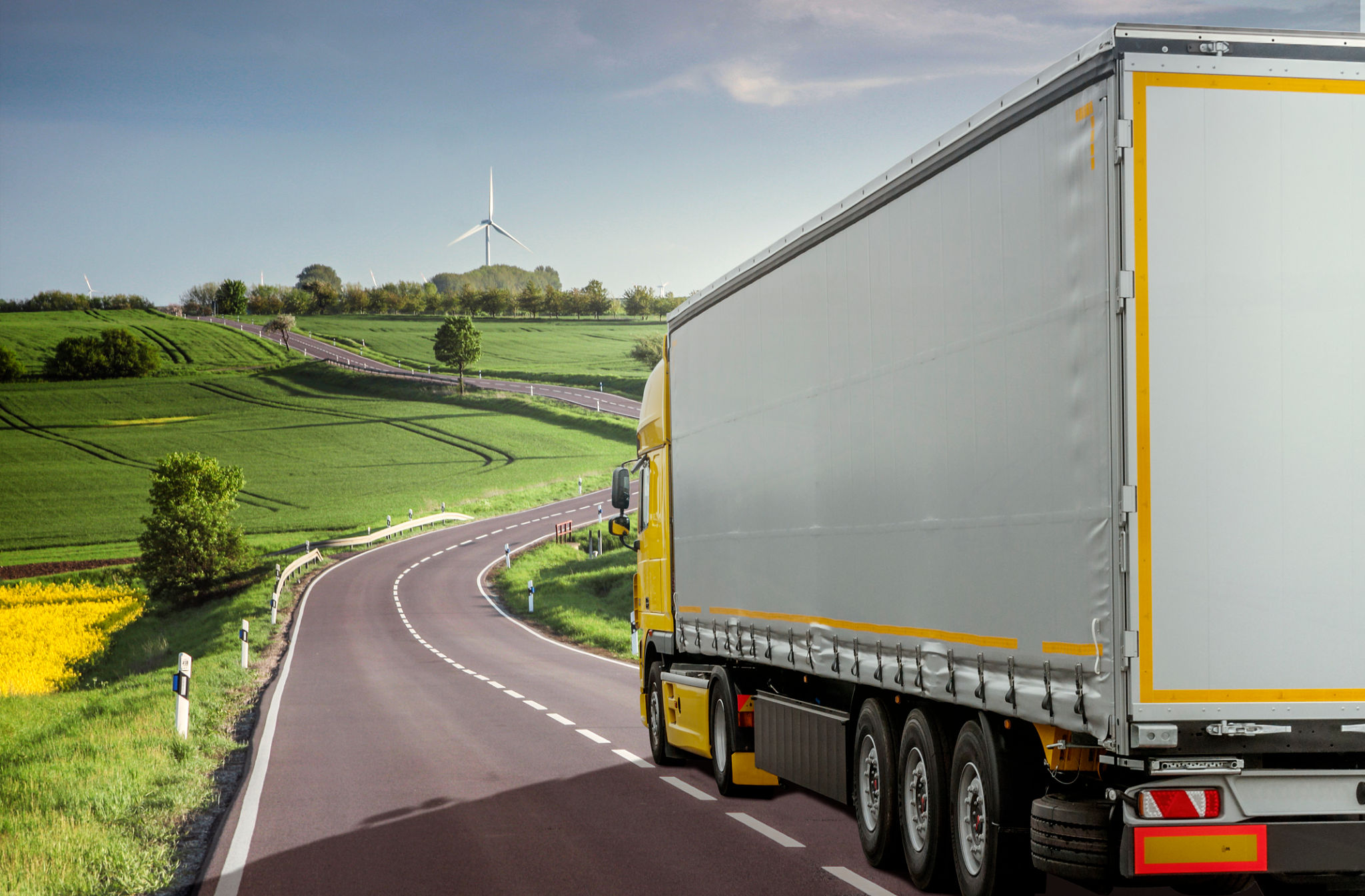Navigating Supply Chain Regulations in Luxembourg: What You Need to Know
Understanding Luxembourg's Supply Chain Landscape
Luxembourg, strategically located in the heart of Europe, serves as a vital hub for international trade and logistics. Its supply chain regulations are designed to facilitate smooth operations while maintaining compliance with EU standards. Understanding these regulations is crucial for businesses looking to optimize their supply chains within this region.
The Grand Duchy’s regulatory framework is influenced by various European Union directives, making it essential for businesses to align their practices with both local and EU-wide laws. This alignment ensures efficient cross-border trade and minimizes potential legal hurdles.

Key Regulations Impacting Supply Chains
Trade and Customs Regulations
Luxembourg’s trade regulations are harmonized with EU laws, featuring streamlined customs procedures that facilitate smoother transitions through its borders. Businesses must comply with the Union Customs Code (UCC), which governs the movement of goods across EU countries, including Luxembourg.
To operate effectively, companies should understand the intricacies of import and export licensing, tariffs, and duty calculations. Additionally, businesses are encouraged to utilize the Authorized Economic Operator (AEO) status for expedited customs clearance, enhancing supply chain efficiency.

Environmental Compliance
Environmental sustainability is a key component of supply chain regulations in Luxembourg. Companies are required to adhere to strict environmental standards, including waste management, emissions control, and sustainable sourcing practices. These measures align with Luxembourg's commitment to reducing its carbon footprint and promoting eco-friendly business practices.
Businesses must ensure that their supply chains incorporate environmentally responsible practices. This includes reducing packaging waste, optimizing transportation methods, and ensuring products meet eco-certification standards.
Labor and Employment Regulations
Labor laws in Luxembourg impact supply chains by stipulating conditions around employee rights, workplace safety, and fair wages. Companies must navigate these regulations to ensure compliance while maintaining efficient operations. Adhering to these laws not only ensures legal compliance but also promotes a positive corporate image.

Employers should be familiar with Luxembourg’s labor code, which includes regulations on working hours, leave entitlements, and collective bargaining agreements. Understanding these aspects can help businesses foster a motivated and legally compliant workforce.
Leveraging Technology for Compliance
Technological advancements can significantly aid in navigating supply chain regulations. Implementing robust software solutions can streamline compliance processes, manage documentation effectively, and provide real-time updates on regulatory changes.
Businesses are encouraged to invest in technology that enhances visibility across their supply chains, facilitating better decision-making and ensuring adherence to all relevant regulations. This proactive approach can mitigate risks and enhance operational efficiency.

Conclusion
Navigating supply chain regulations in Luxembourg requires a comprehensive understanding of both local and EU laws. By focusing on areas such as trade regulations, environmental compliance, labor laws, and leveraging technology, businesses can optimize their operations while ensuring full compliance.
Staying informed and adapting to regulatory changes not only minimizes risks but also positions businesses for success in Luxembourg's dynamic economic landscape.